My earliest, clearest memory of photography is from when I was seven, at my primary school’s end-of-year party. My friends and I were told to line up by height. I was taller then, so I stood at the back. We leaned to the side, hands on each other’s shoulders. It was a classic pose from the 2000s and early 2010s. The picture was taken, printed in multiples, and each of us got to take one home.
Since then, photography has been a constant presence: my 10th birthday shoot, family portraits, my 21st birthday shoot, my final year week at the university, my Pinterest boards. Even before those, a look at the walls in my living room or a flip through the albums my mother keeps safe, there I was: a baby, a toddler, surrounded by family and friends, some of whom I no longer remember. Sometimes these images take me back to the exact moment. Sometimes the memory is gone, but somehow still alive.
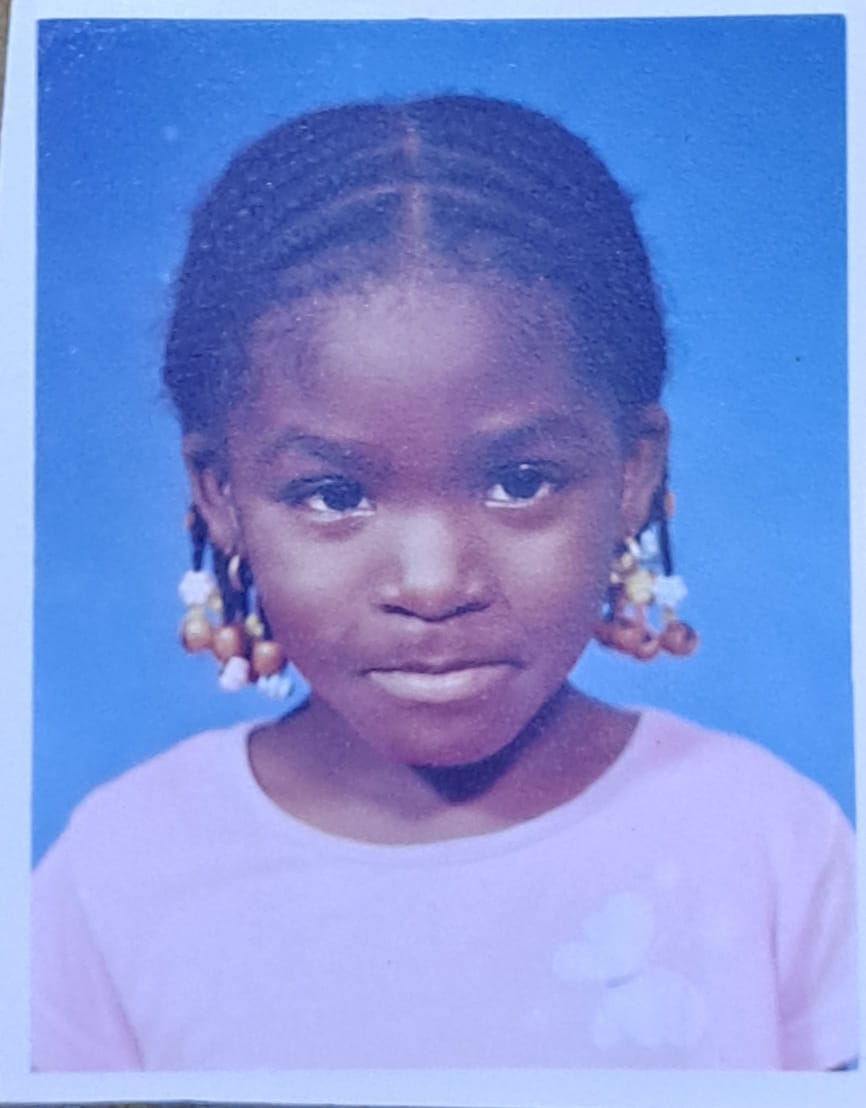
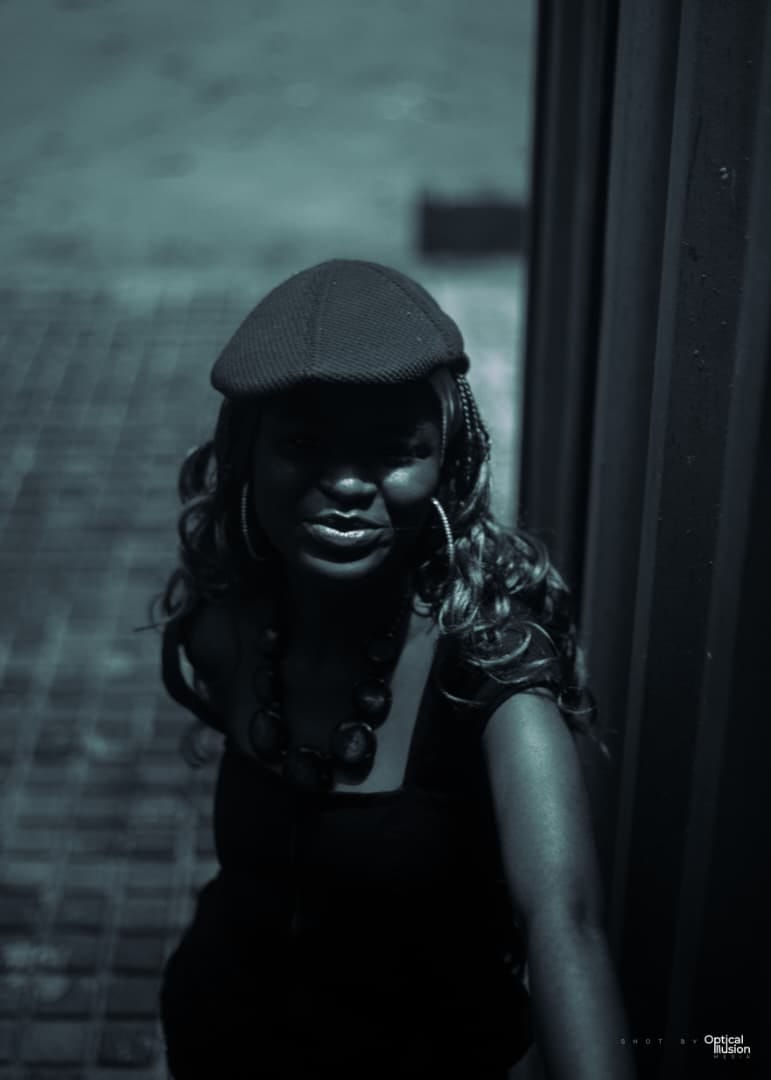
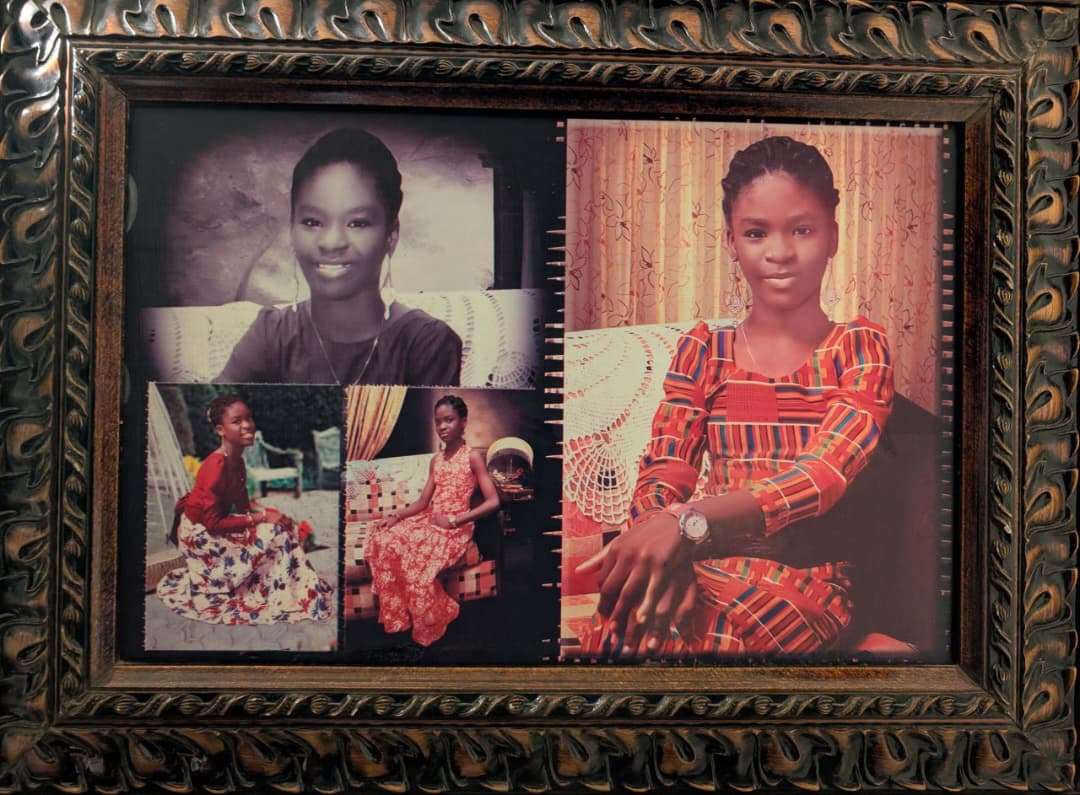
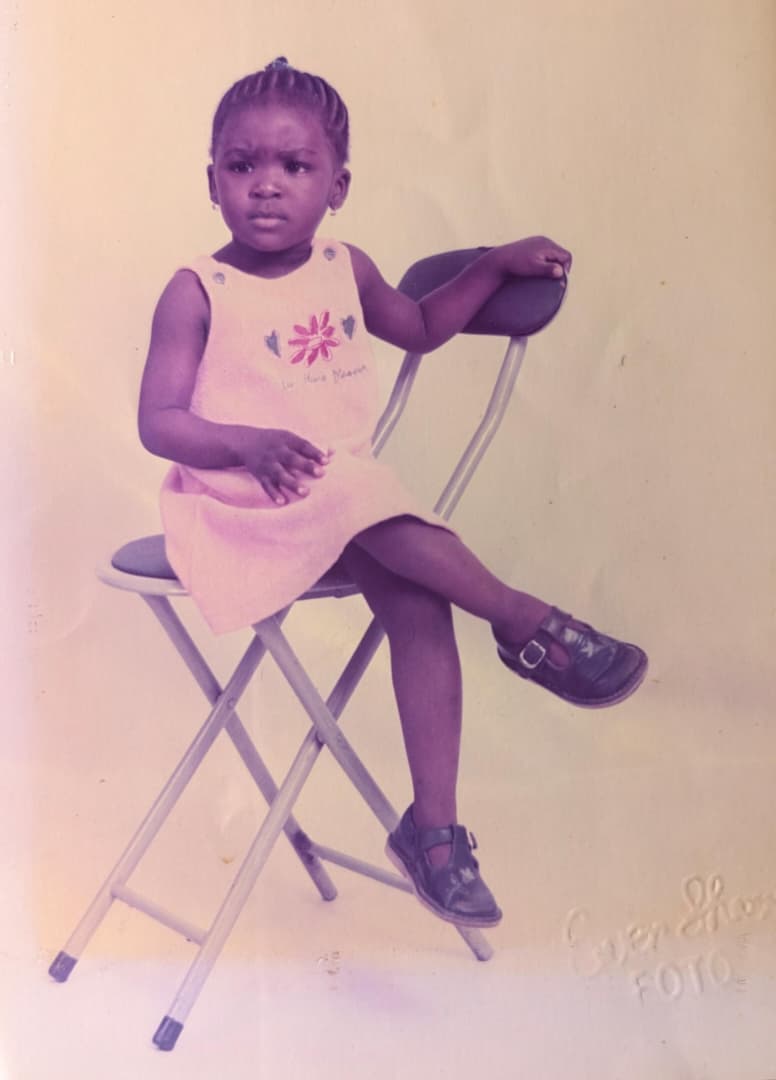
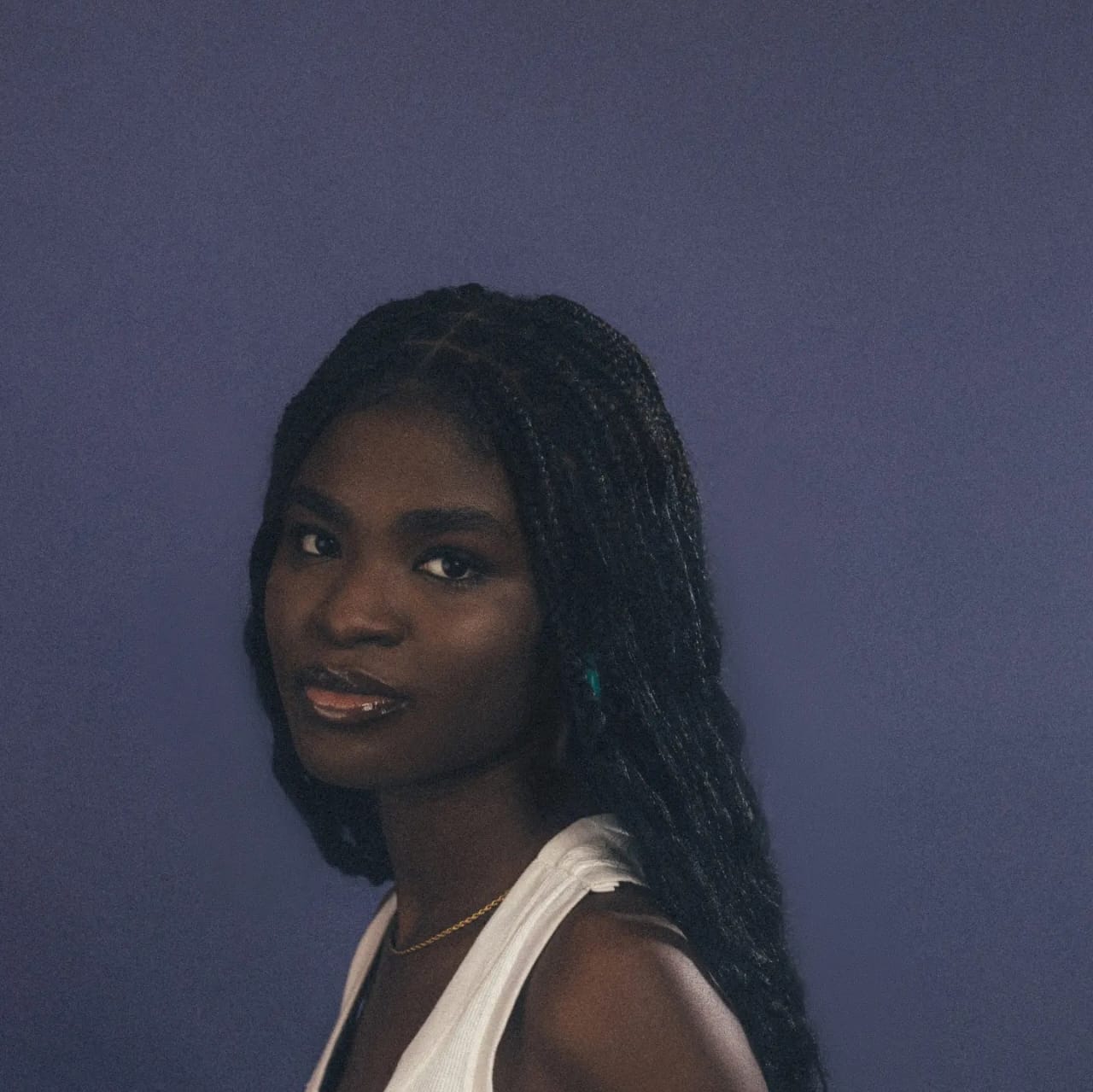
From the start, photography has always been about storytelling, the idea of seeing something or experiencing a moment, then capturing it so you can return to it again and again. At one point, I could picture things more vividly than I could express them in words. I would share with a friend an image that depicted my mood. Yet that same image could mean something entirely different to them. It has always fascinated me how two people can see the same scene — the same flowers and trees, the same building, the same person — just slightly differently, and how that difference shapes how they choose to capture it
Photography has since secured its place as an art form, an archival tool, and, even more so now, a means of expression, whether organic or staged. Like writing or painting, each person who picks up the camera has their own way of seeing, telling, and sharing a story.
With the rise of social media and increasingly advanced phone cameras, we all wield this power to some extent. I am reminded of this every time I scroll through an app, whether it’s another “August dump,” a profile picture so I can know who I’m relating with, a recap of an event, an artwork being showcased, a smile being shared, or a moment of pain being captured. We’re taking pictures and sharing more than we ever have.
At Marmalade, photography is a pillar. It is woven into everything we do; the stories we tell, the people we spotlight, the events we curate. It is a primary means of documentation, one that resonates deeply with us and with you, the community we serve. So, it felt only right that this year, for World Photography Day, we turned the lens toward the reason we document at all: people.
But what could that possibly look like?
We wanted to merge the worlds we live in: analogue and digital. We brainstormed how to bring this to life and thought of people who have built their work around people.
In a recent interview with DJ Melzi, a South African DJ and producer, he shared something his mother often says: Umuntu ngumuntu ngabantu, which means “a person is a person through other people.”
That is exactly what this campaign means to me.
World Photography Day 2025 invites reflection on the theme “My Favourite Photo.” Marmalade is interpreting this through our community lens, both figuratively and literally. We handed out disposable cameras to two incredible people, asking them to spend two weeks capturing the people, moments, and connections that bring them joy: friends, chosen family, neighbours, collaborators, or even the quiet presence of strangers who make a space feel like home.
Our campaign theme: THIS IS BELONGING
In a world of instant captures and curated feeds, this campaign is about slowing down, looking closely, and reconnecting with the people around us. It centres African creatives through everyday beauty, vulnerability, and joy, honouring community not as a buzzword but as a lifeline.
The brief was simple: capture moments that feel like belonging.
Chef Wu
Wunmi Durosinmi-Etti, professionally known as Chef Wu, is a culinary entrepreneur, private chef, and hospitality consultant with over a decade of experience in London and Nigeria. As the founder of Oúnjẹ Hospitality Co., she is renowned for her innovative approach to Nigerian cuisine, blending indigenous ingredients with contemporary techniques to create unforgettable dining experiences. Through her consulting work, Oúnjẹ Roundtables, and her podcast One Bite at a Time, Wunmi champions Nigerian cuisine and elevates the hospitality industry, fusing tradition with innovation to shape its future.
For this campaign, she captured intimate moments at a shoot, an event with friends and family, and a wedding.
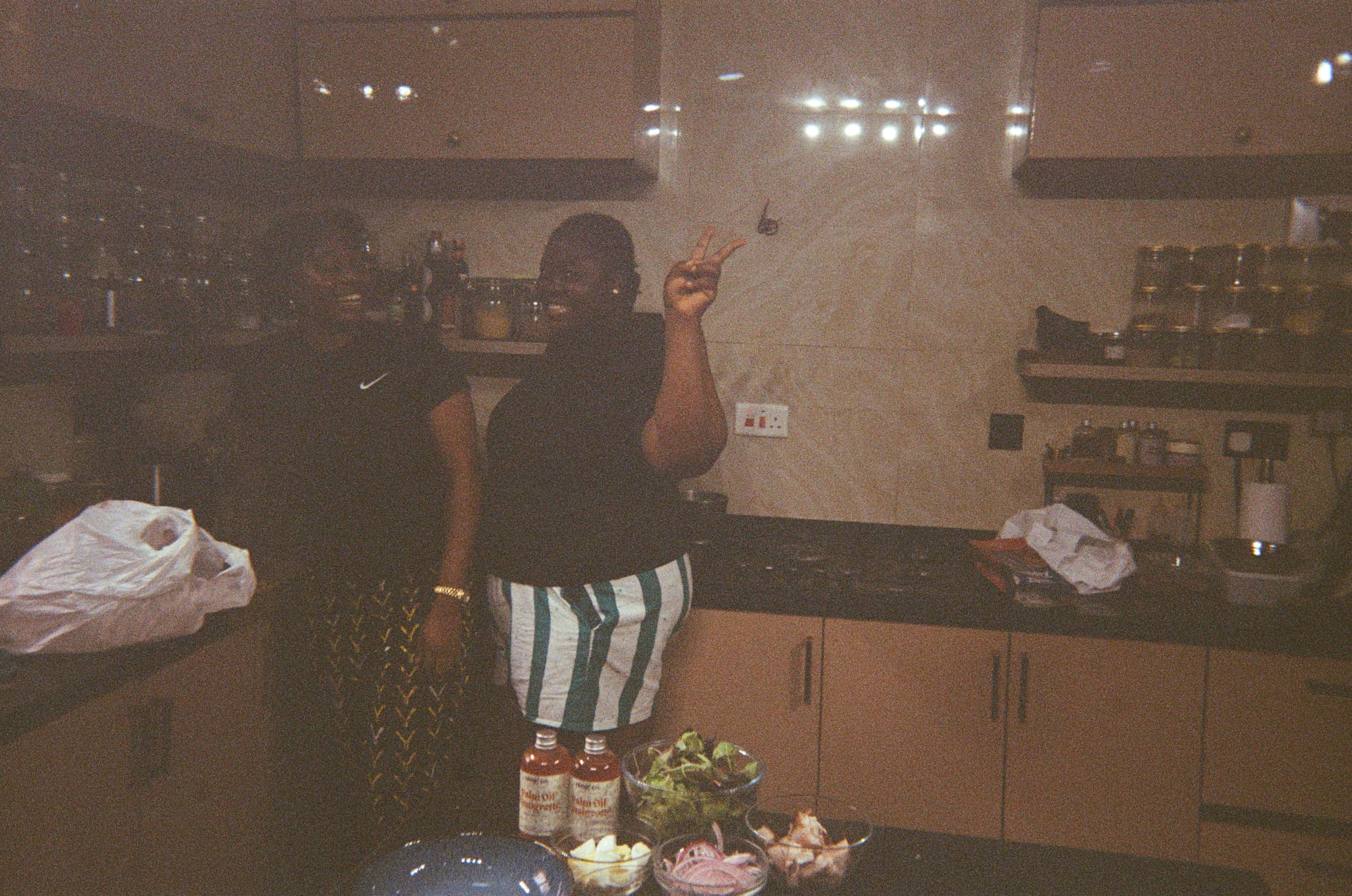
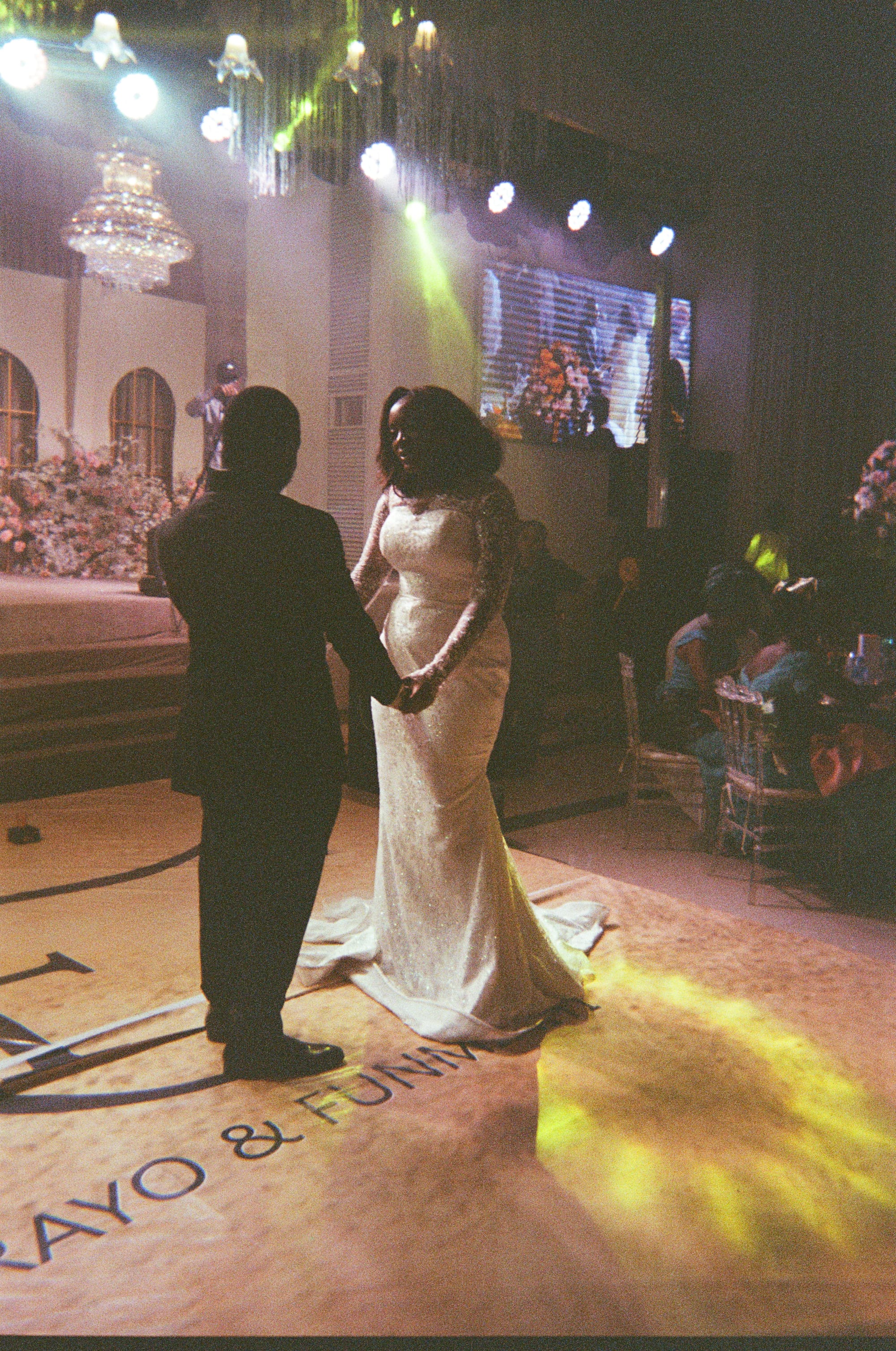
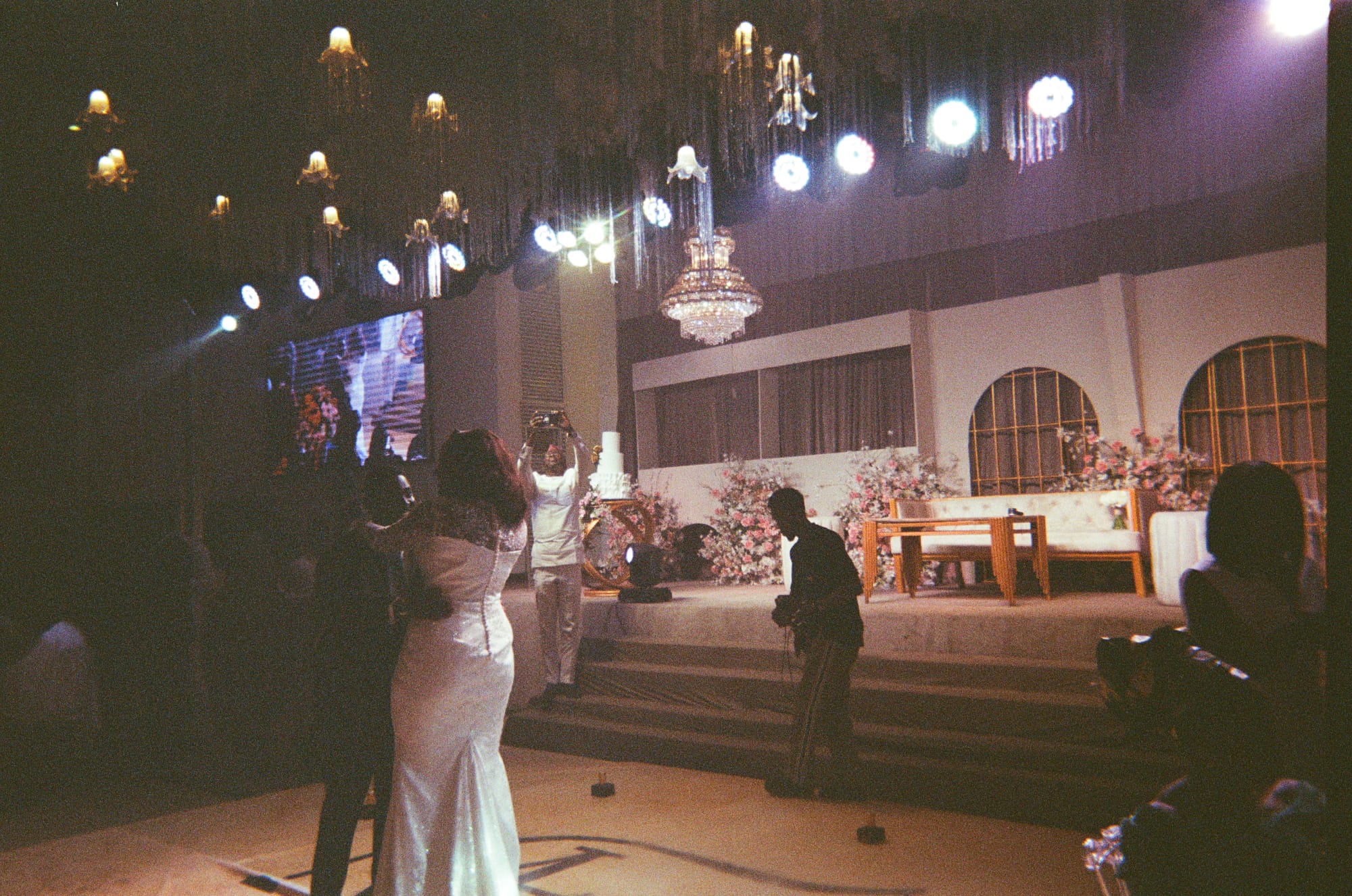
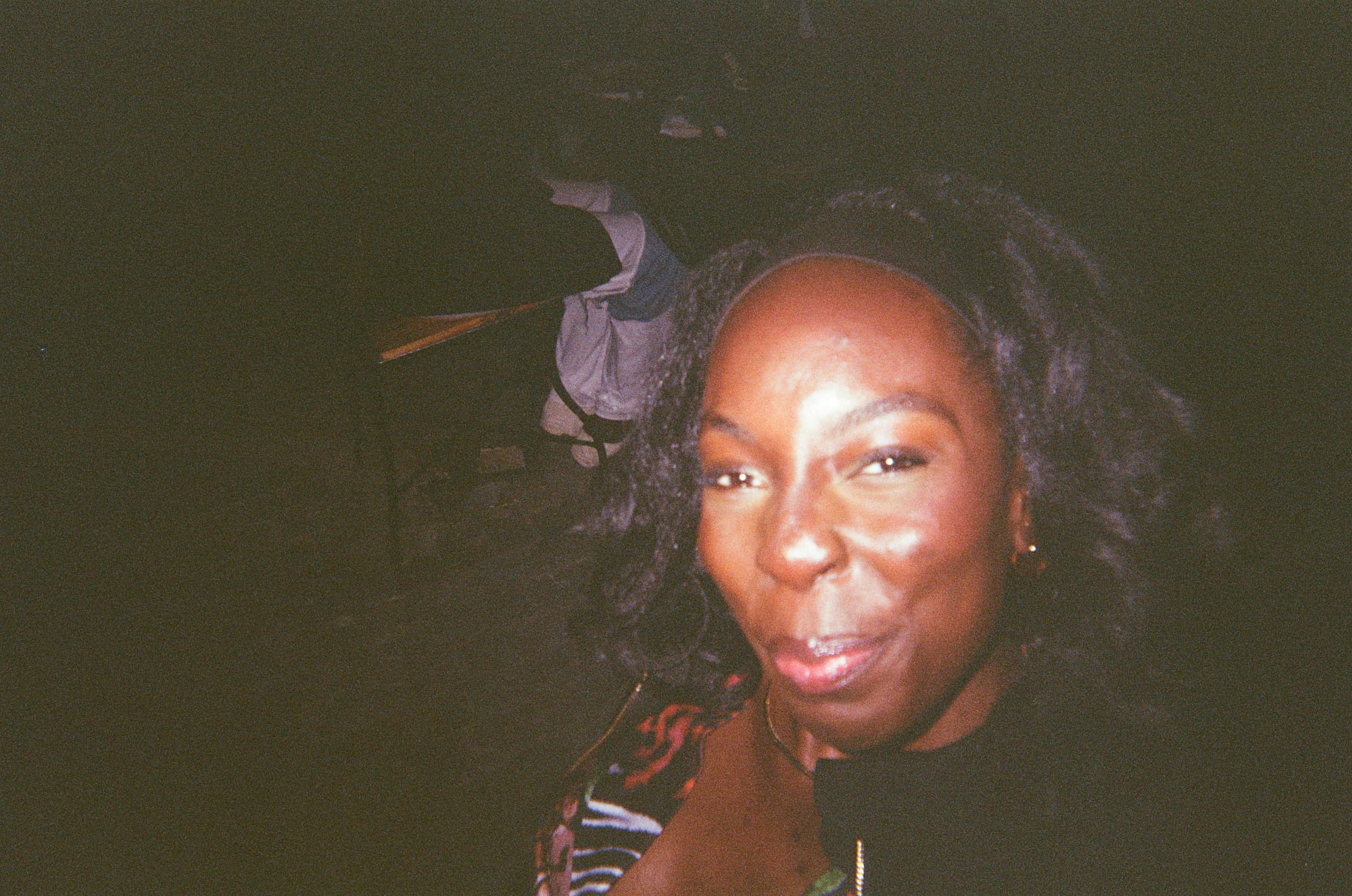
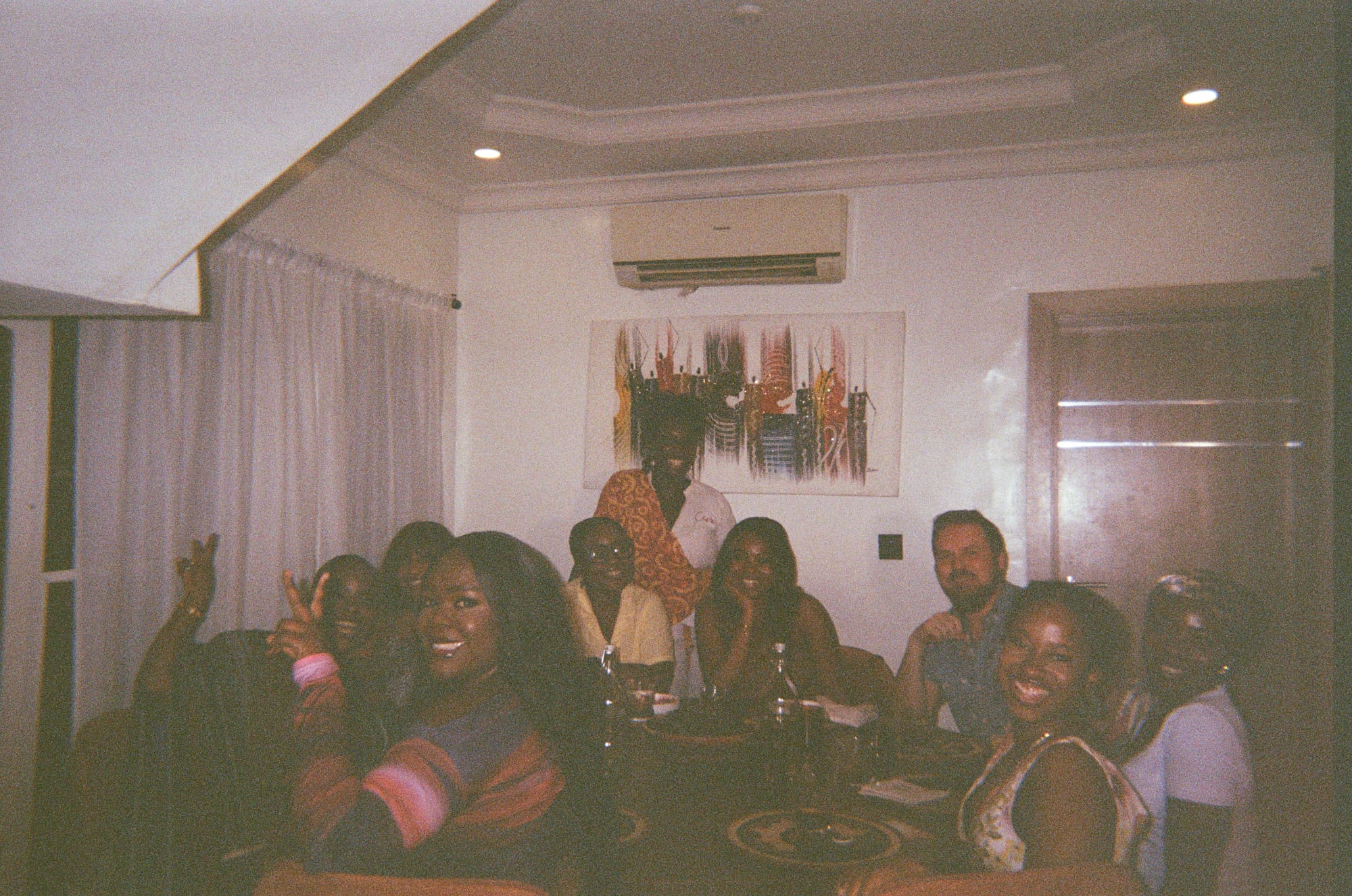
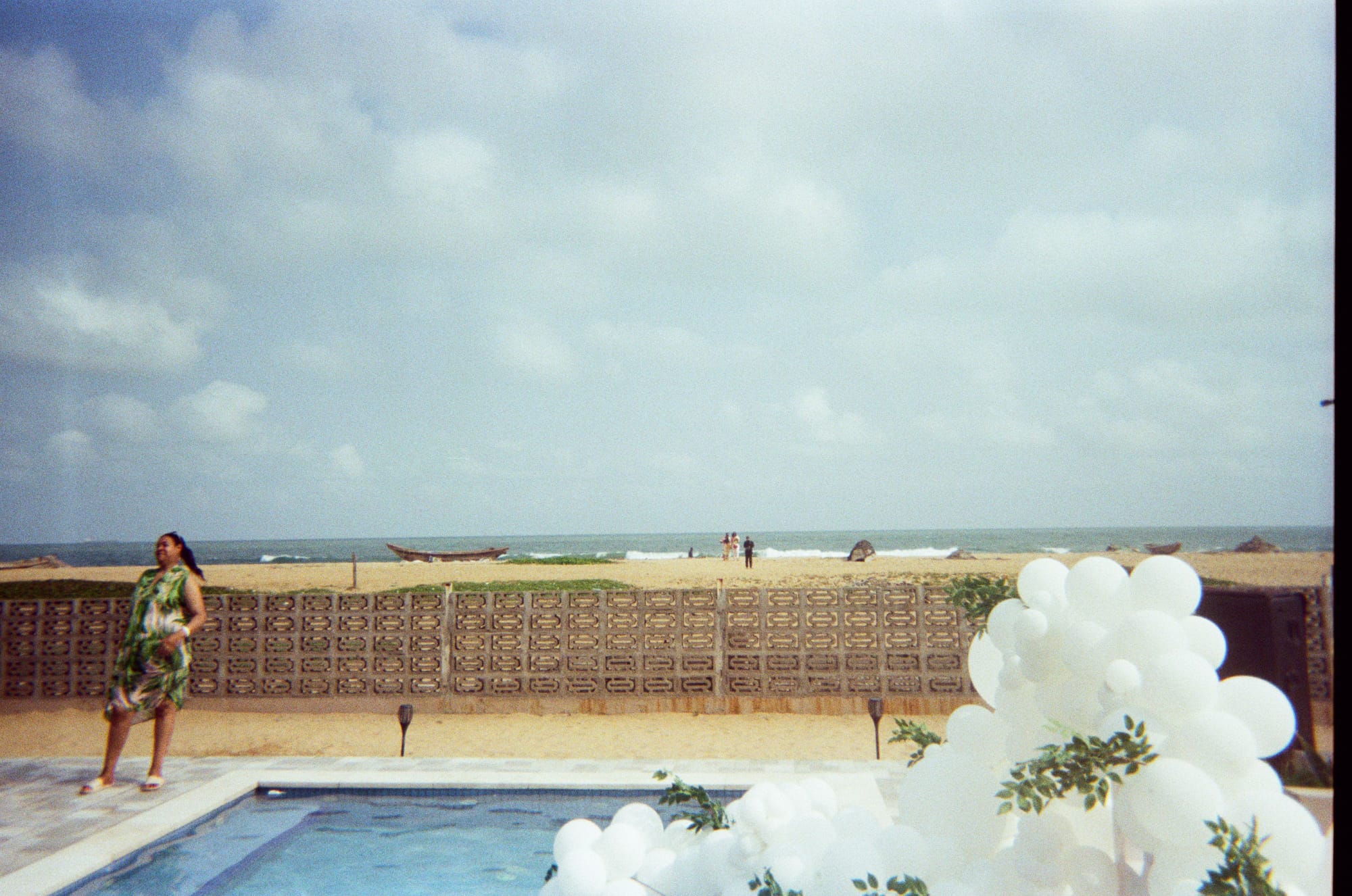
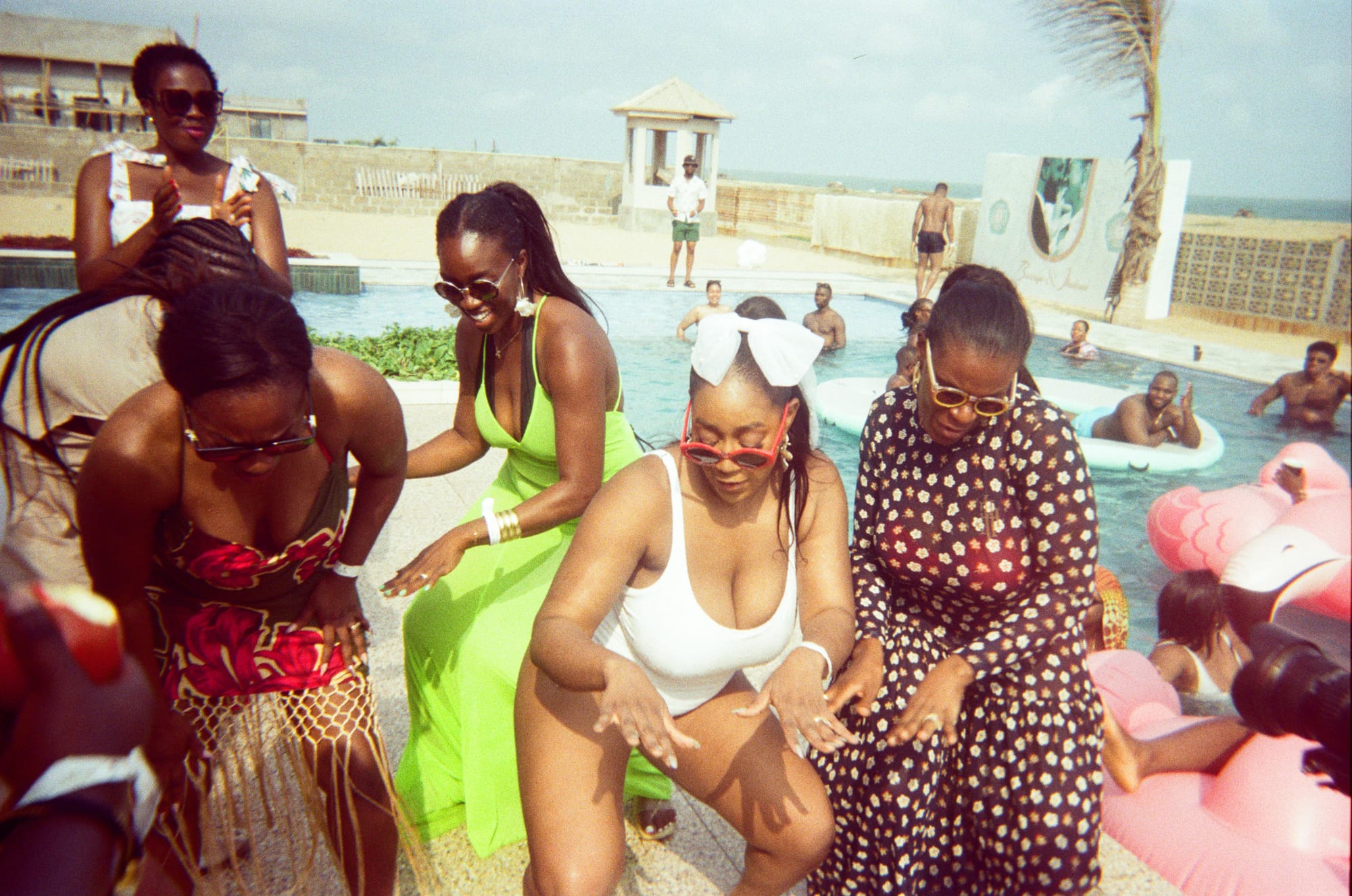
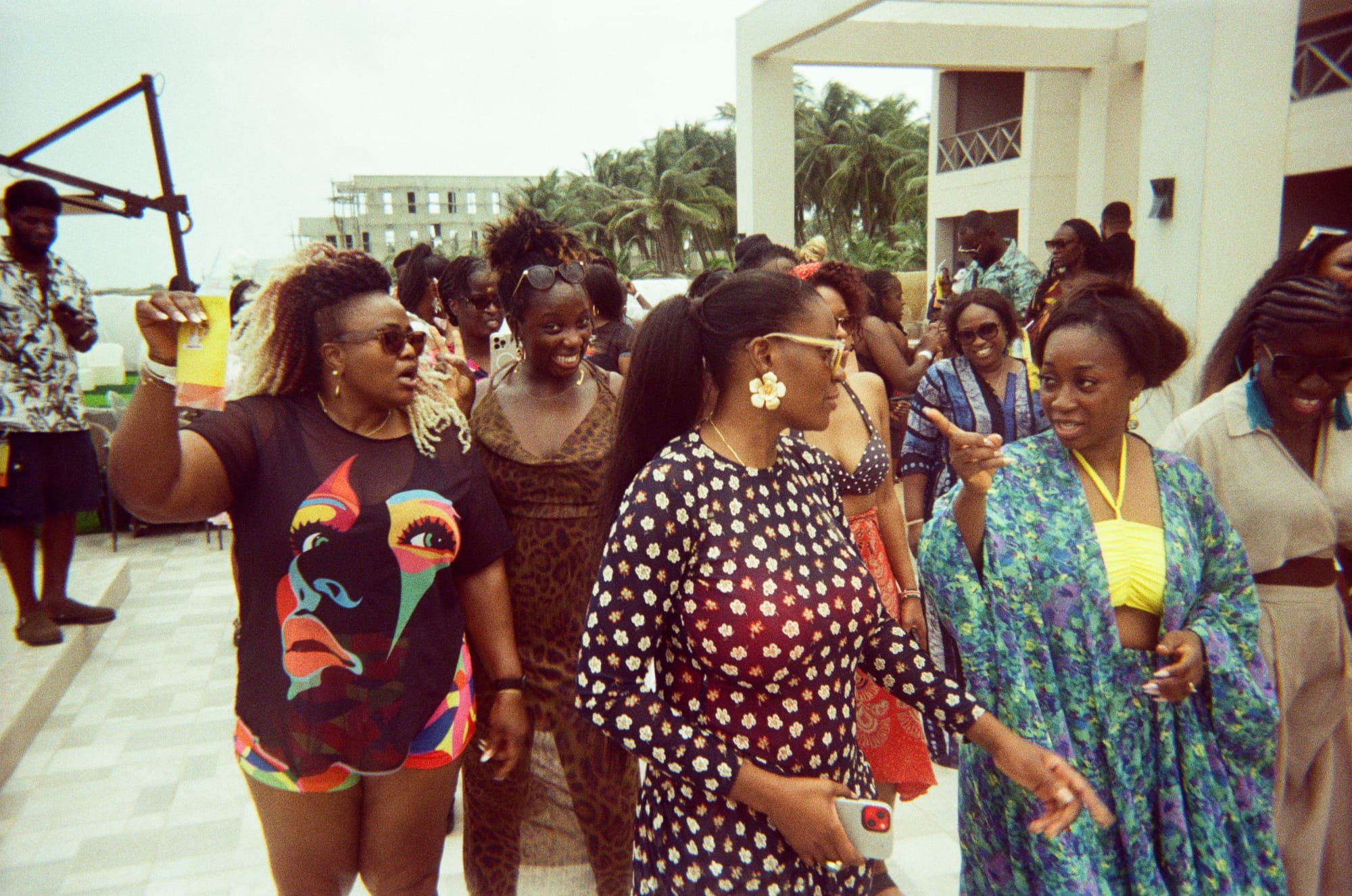
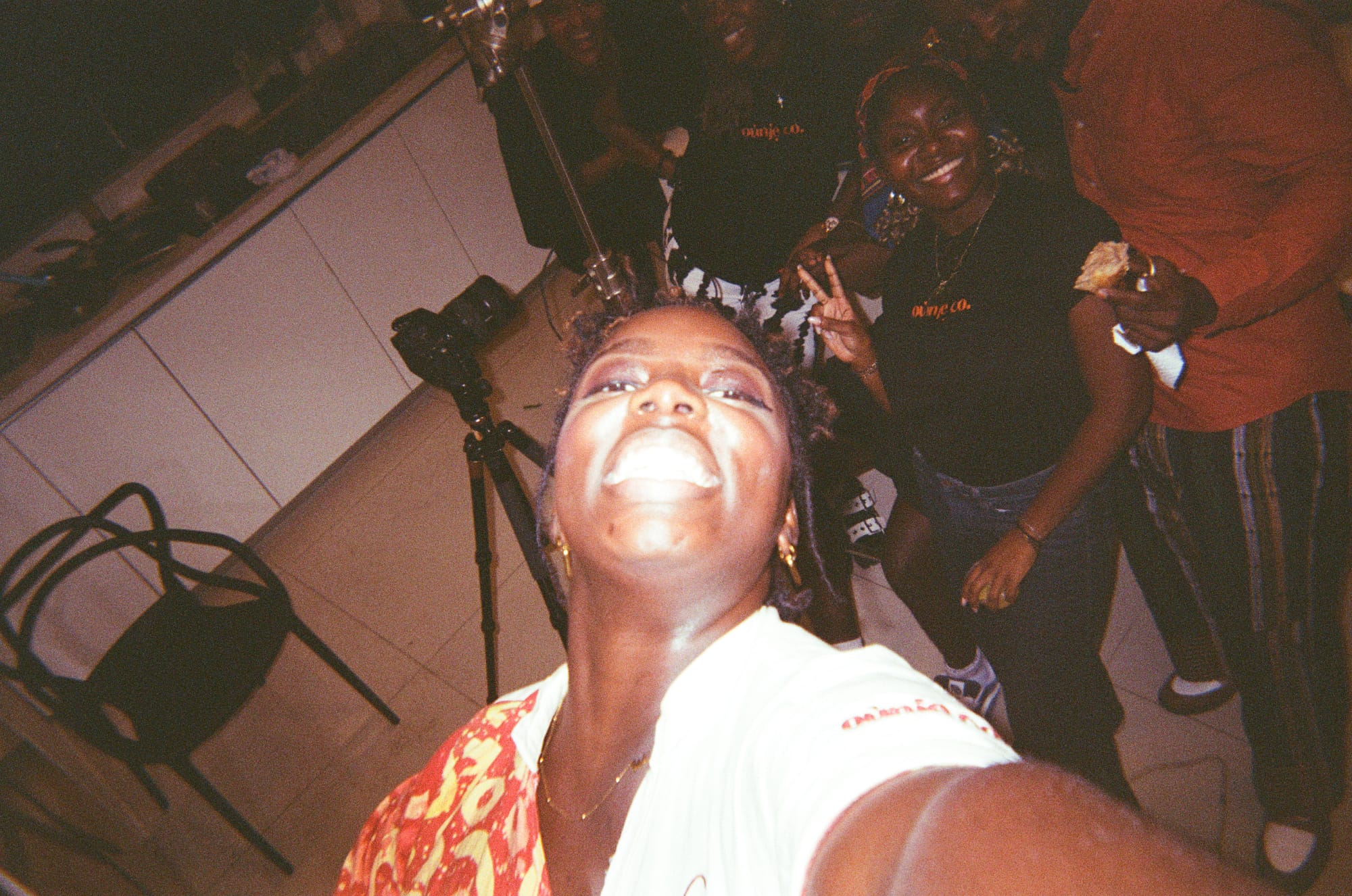
This is what she had to say about that experience…
Community is the people and places that make you feel at home, safe and seen. It’s been truly eye-opening (ironically, since you use just one eye to look through a camera) to find myself in a moment and want to capture it, because ‘yes, this is part of my community.’ I’ve had times where I’m in a space and think, ‘yeah, this person, these people, this place, this is my community.’ Having the chance to capture that feels lovely, deeply reflective, and really edifying.
Bukky Asehinde
Bukky Asehinde is the CEO of Bellafricana and is passionate about helping African creative entrepreneurs thrive on the global stage. As the founder of Bellafricana, she has built a community that supports and showcases the best of African creativity. From digital marketing to community management and event curation, her focus is on creating opportunities for creatives in the fashion, art, beauty, and lifestyle industries to grow their businesses and reach new markets.
Her images captured moments and people at the recent TALES event.
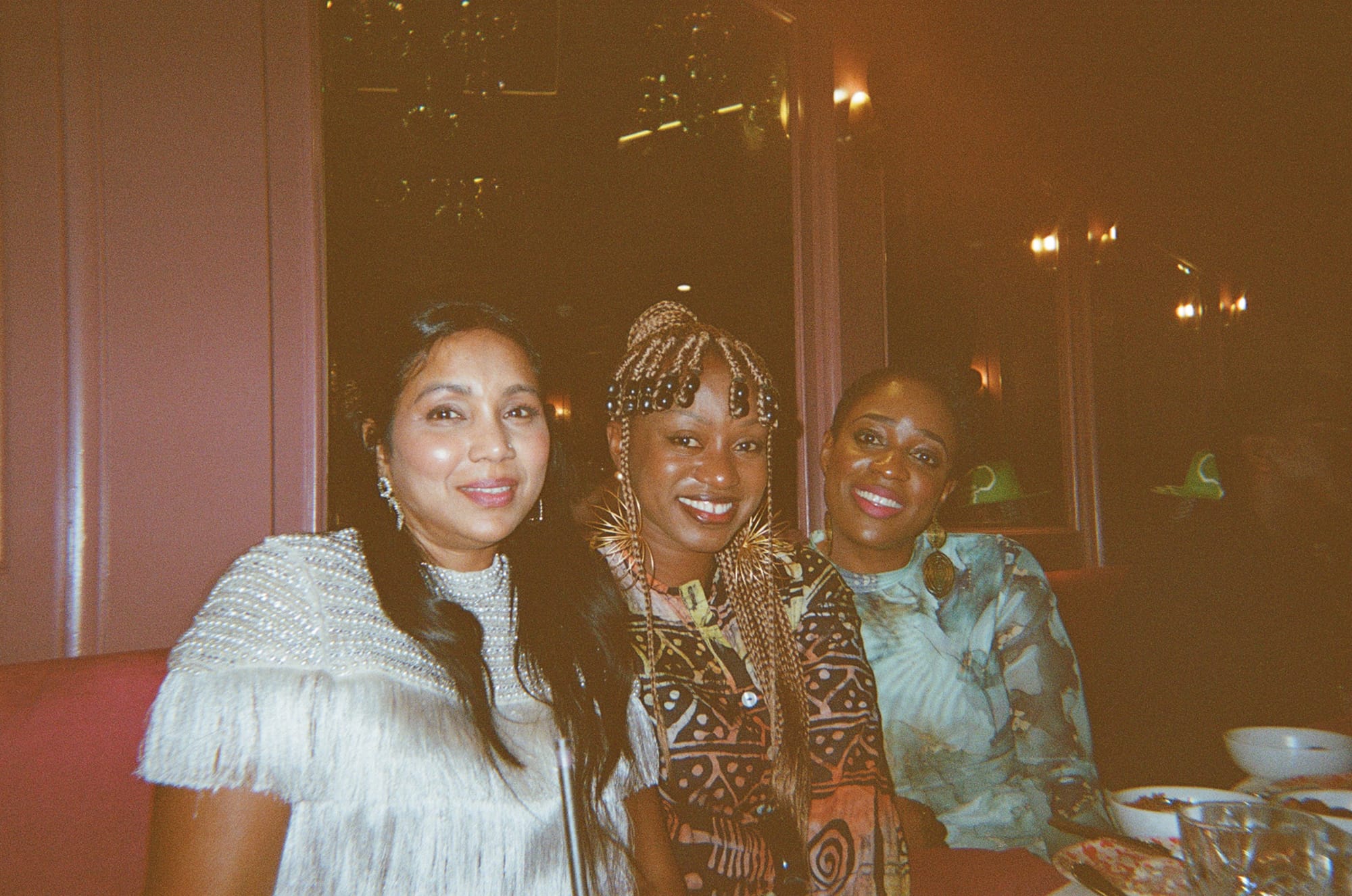
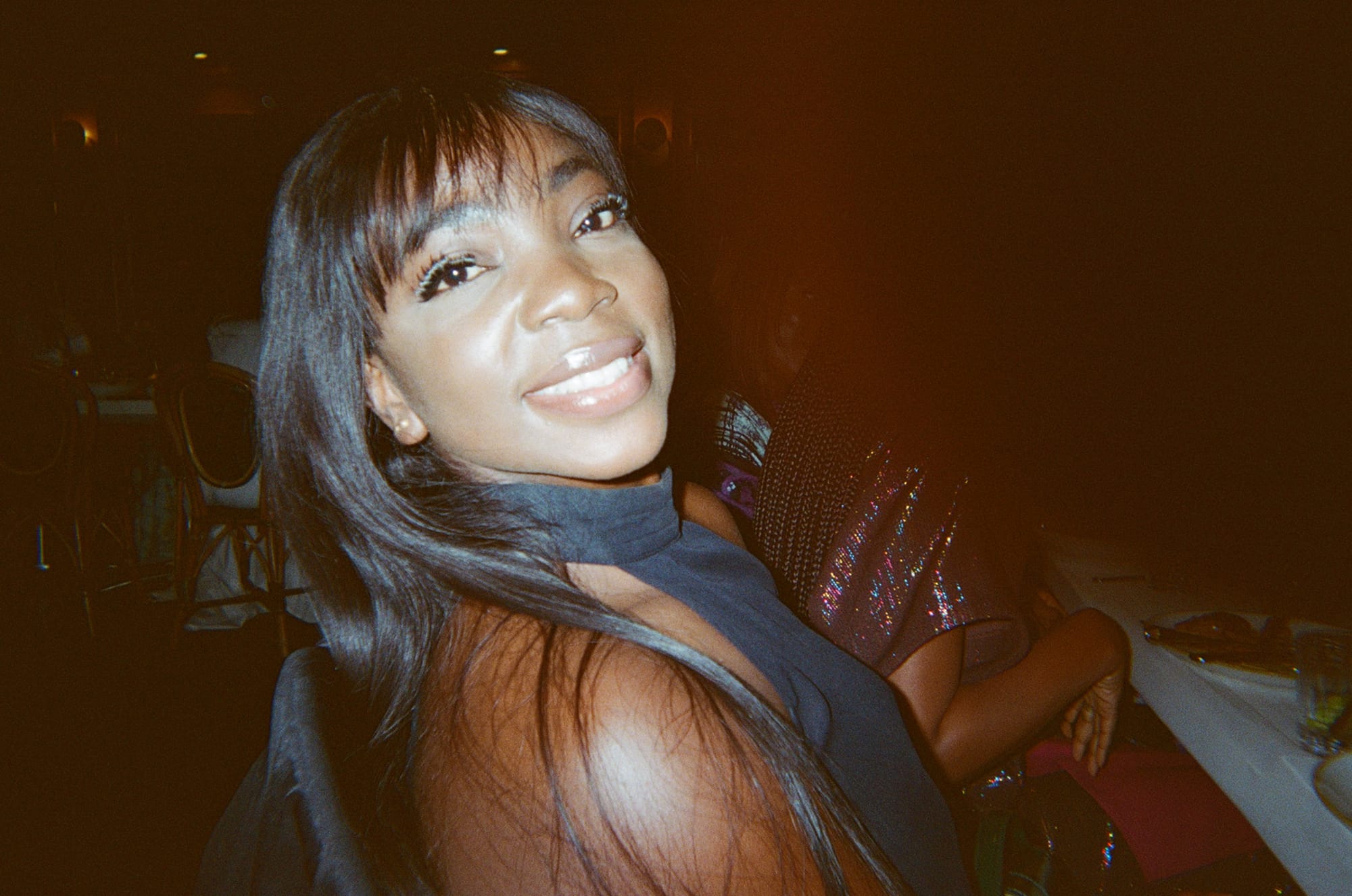
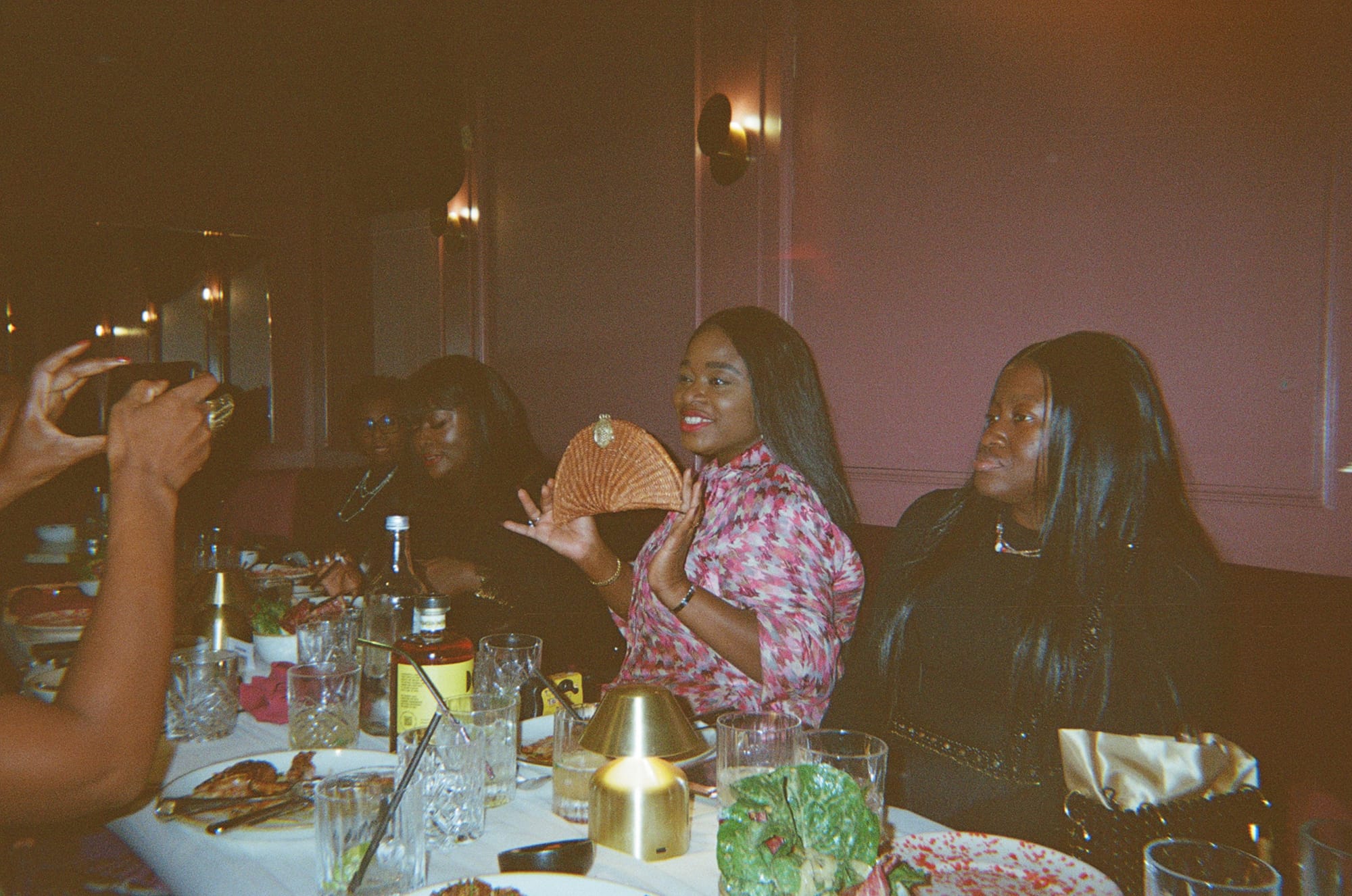
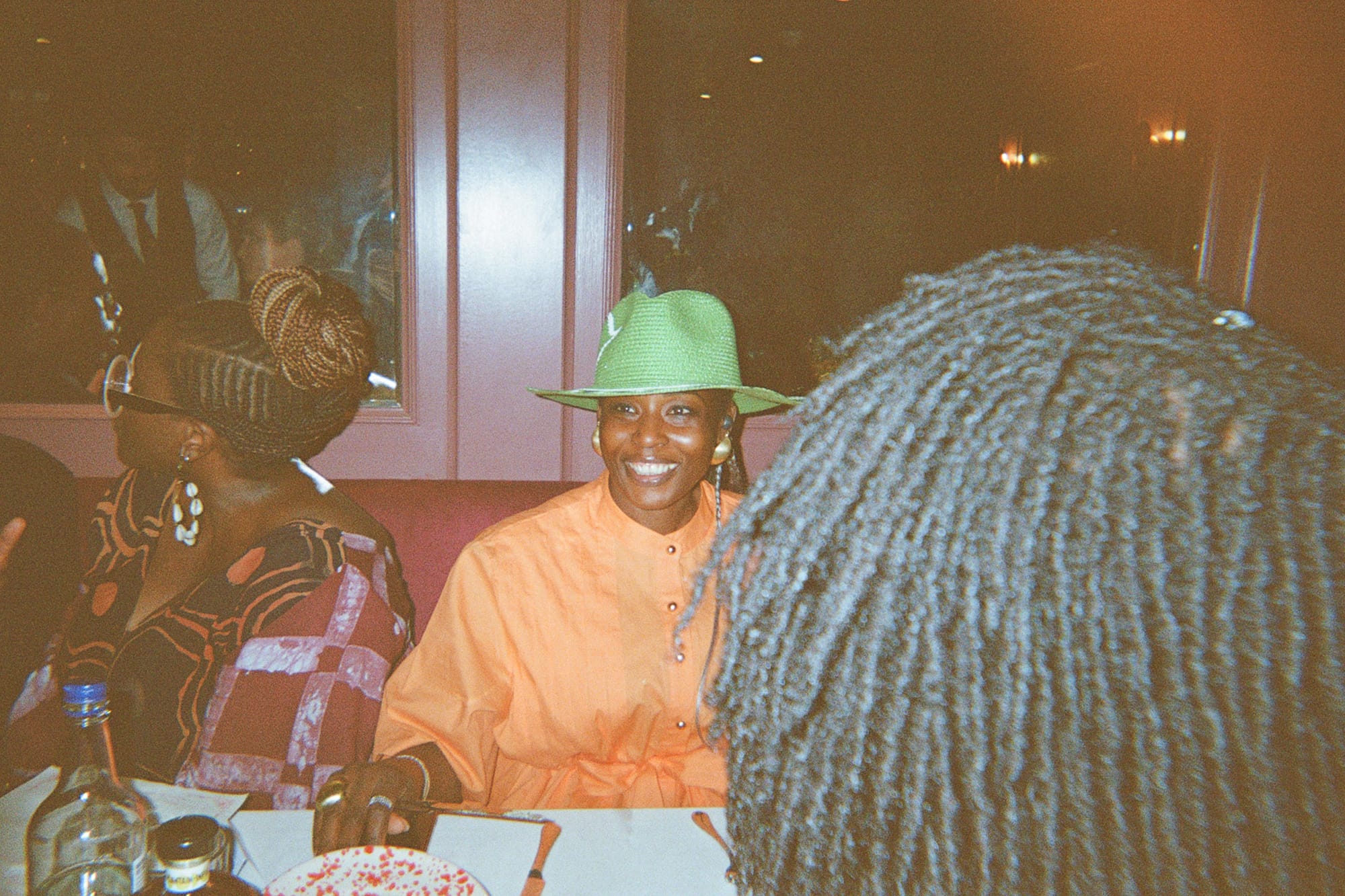
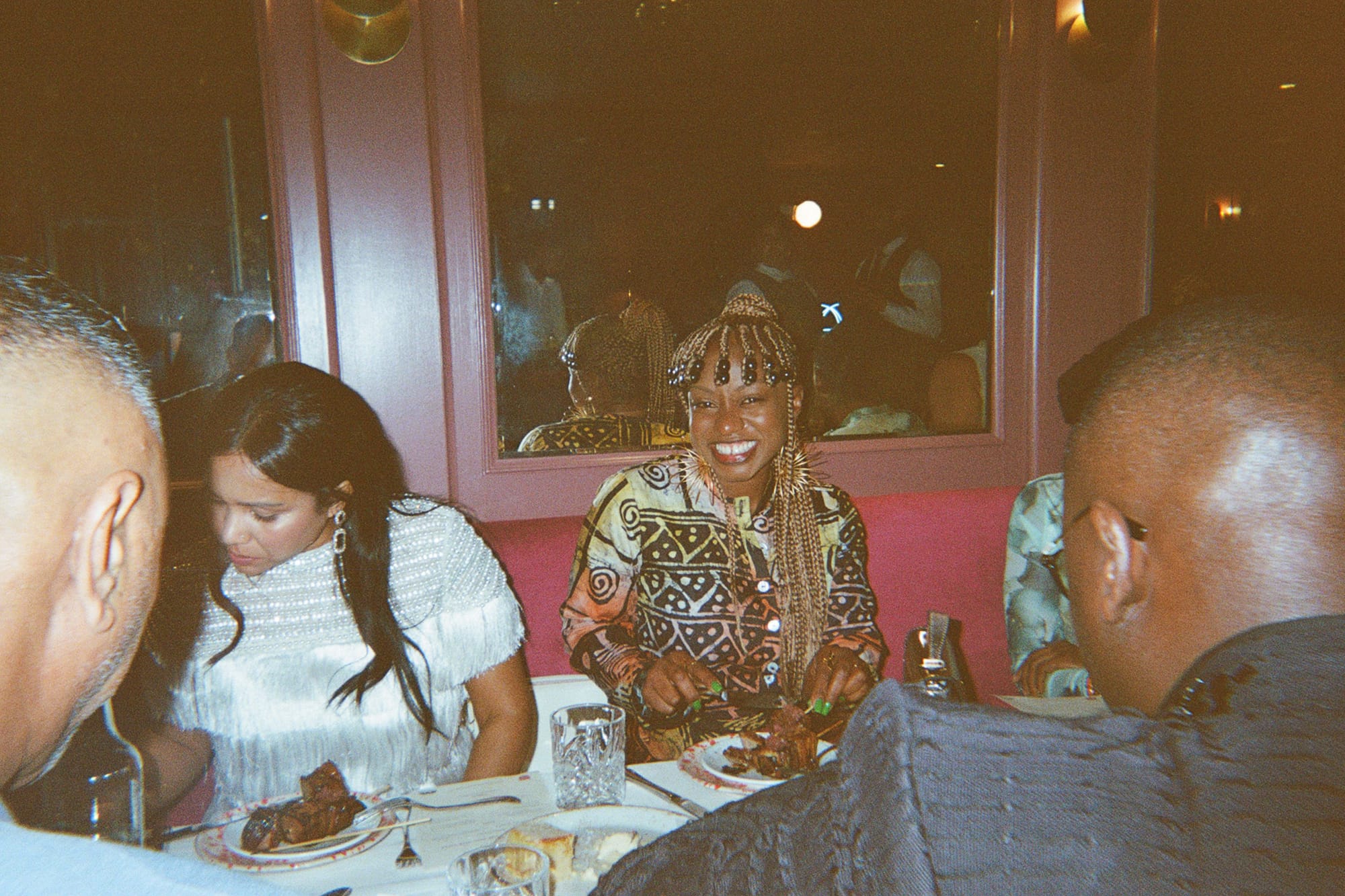
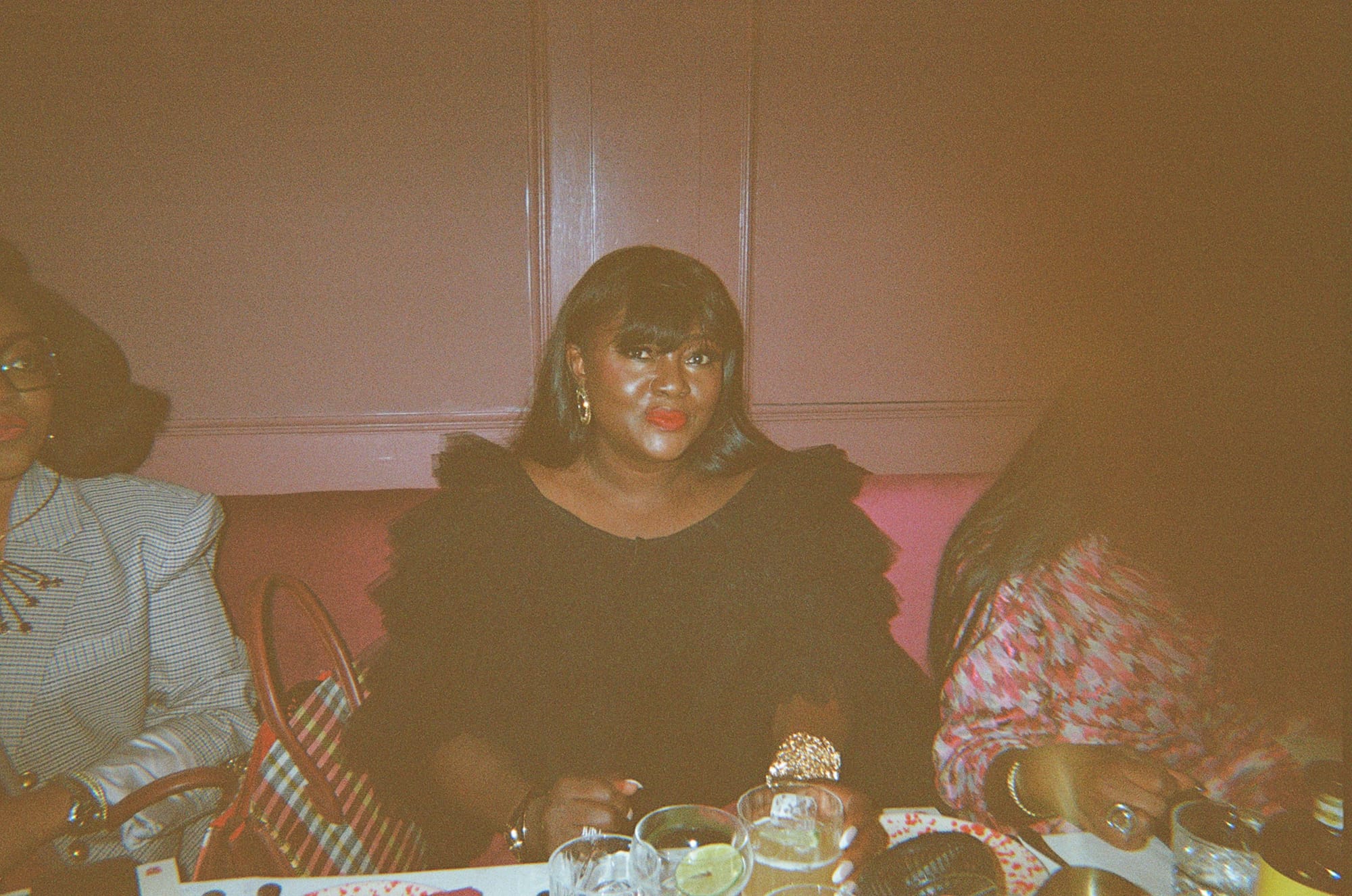
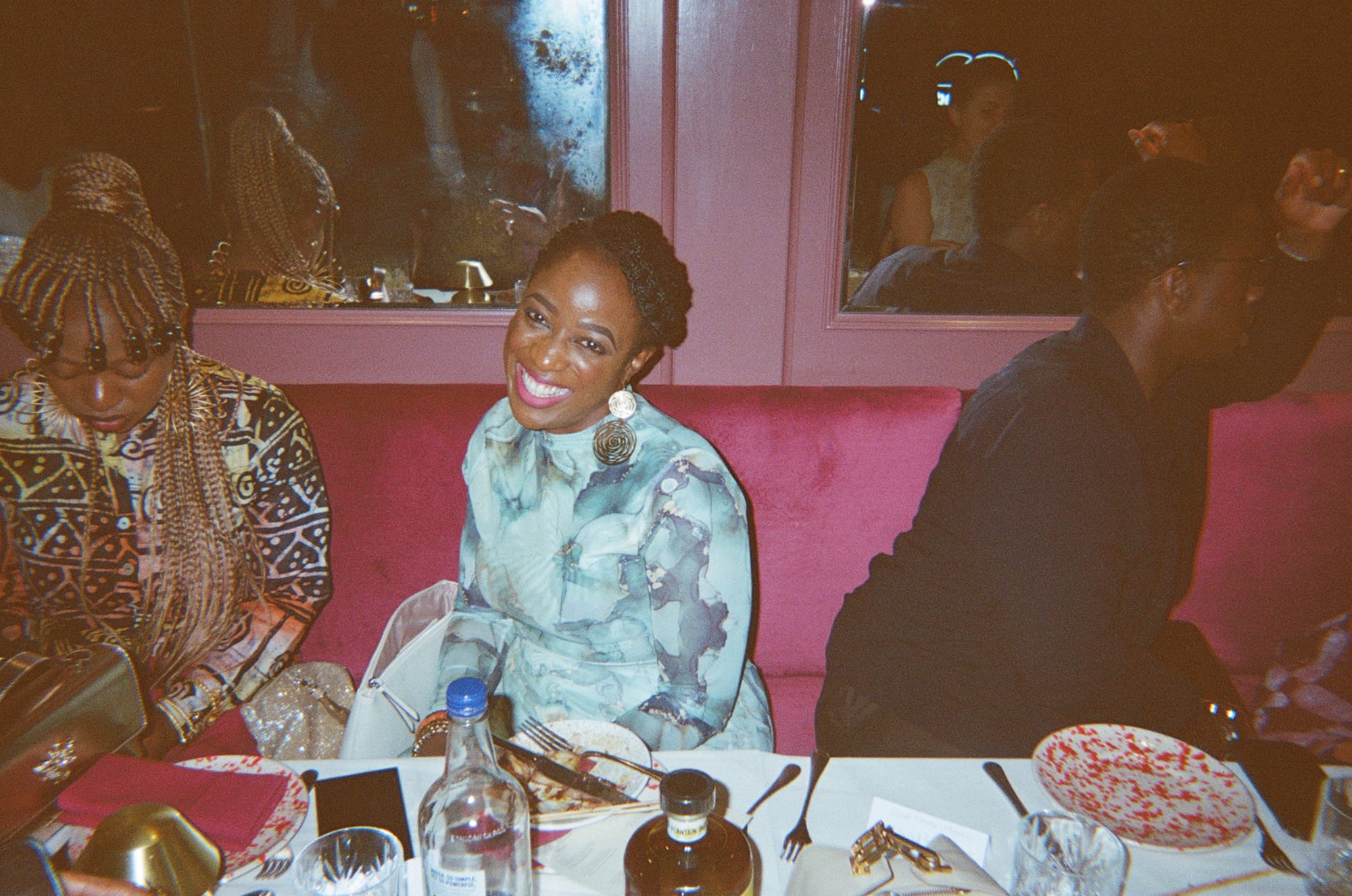
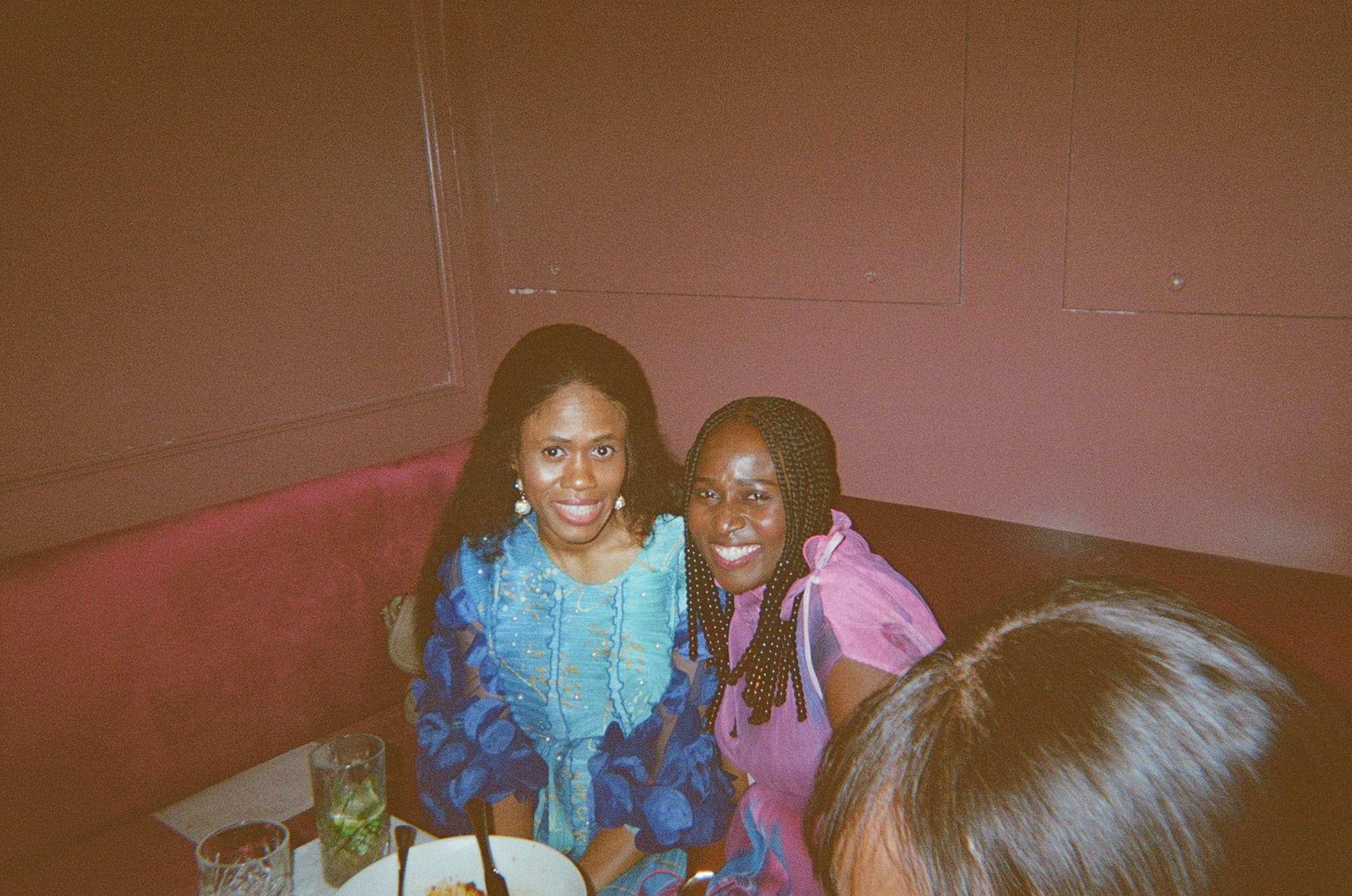
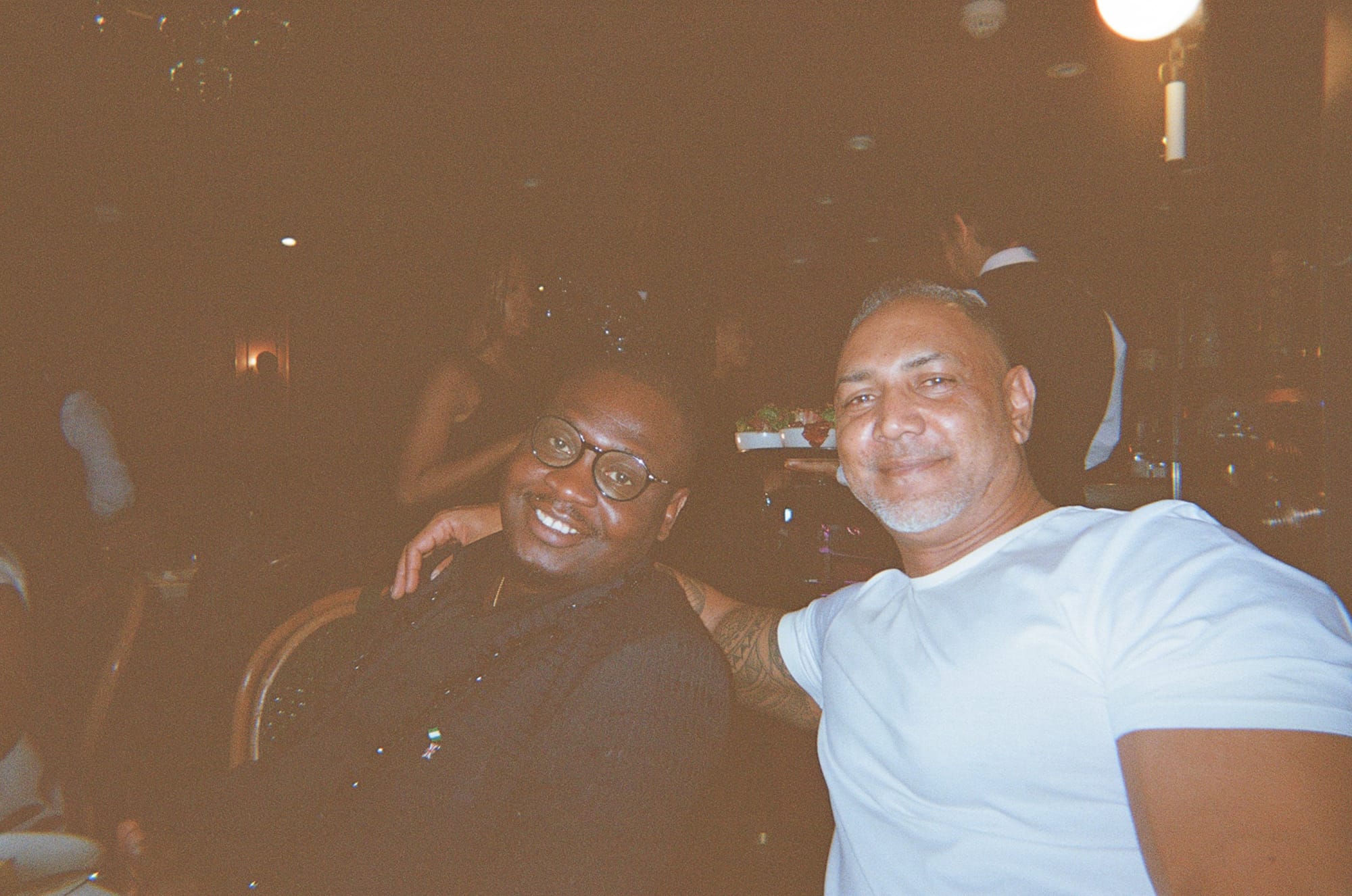
This is what she had to say about that experience...
Community, to me, is about genuine connection. It’s people coming together not only for what they receive, but for what they can give and share. It’s a safe space where everyone feels seen, valued, and inspired to grow together.
At TALES, capturing community through my lens was deeply personal. I witnessed joy, pride, and authenticity in every interaction from the brands sharing their stories to the visitors experiencing African creativity in all its richness and excellence. It was heritage, innovation, and heart, all in one space.
It felt like documenting history, moments that remind us why we do what we do, and how powerful we are when we come together.
So, what does belonging look like to you?

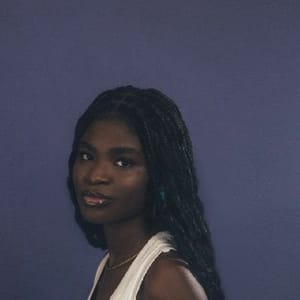
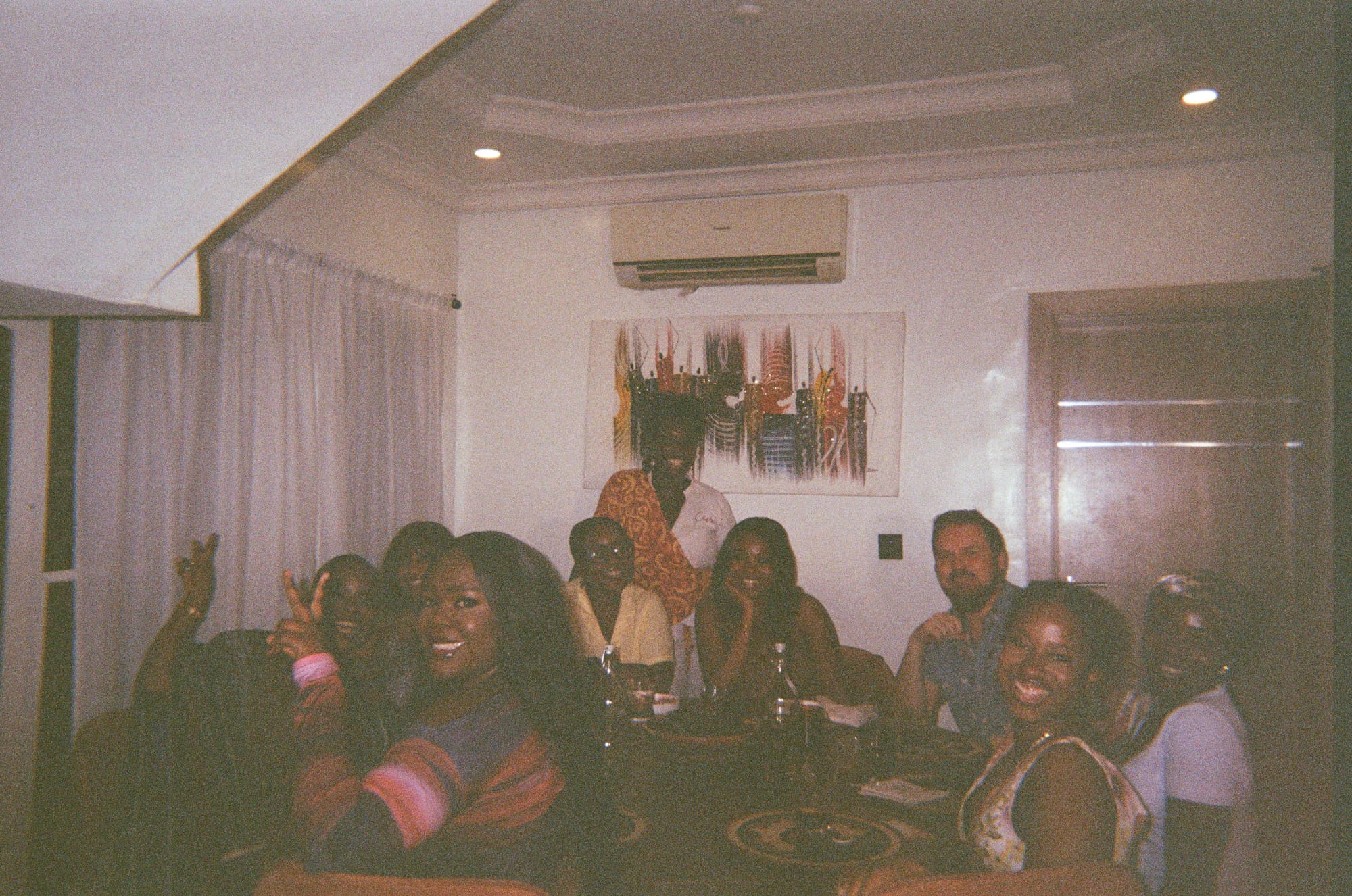

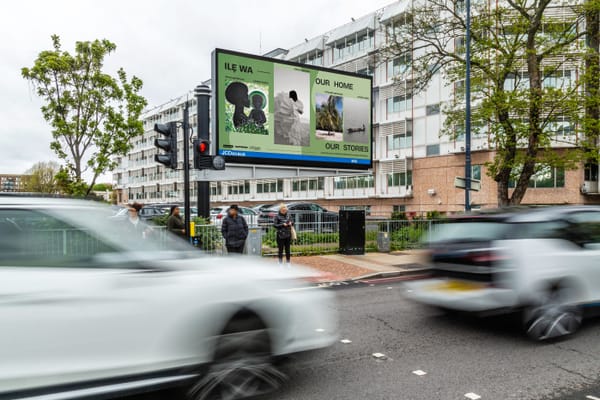
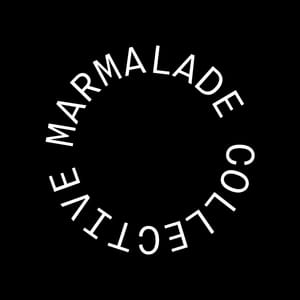
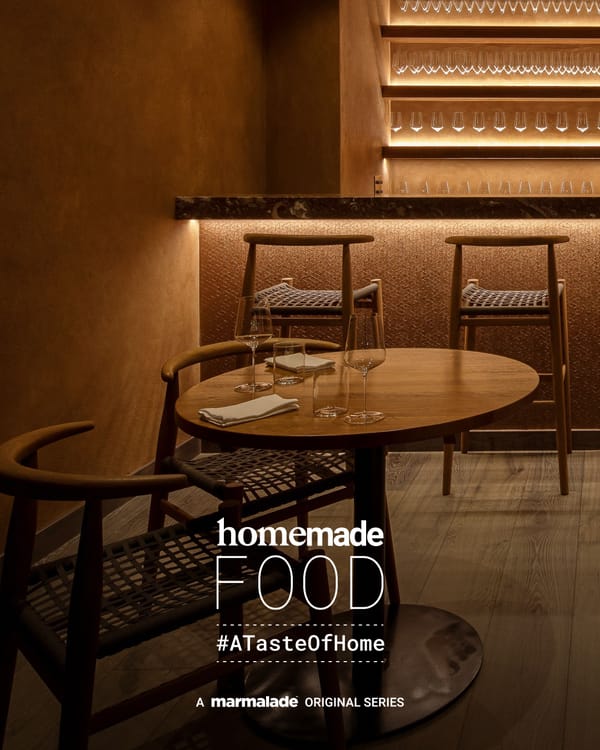
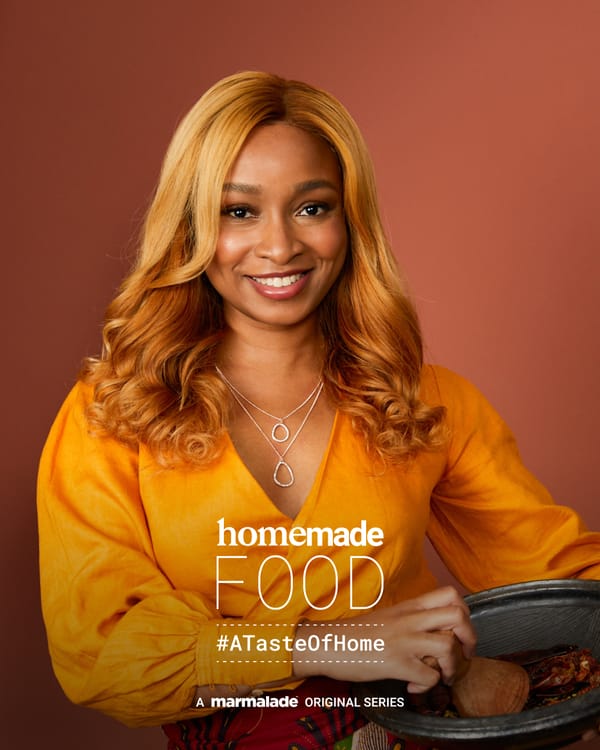
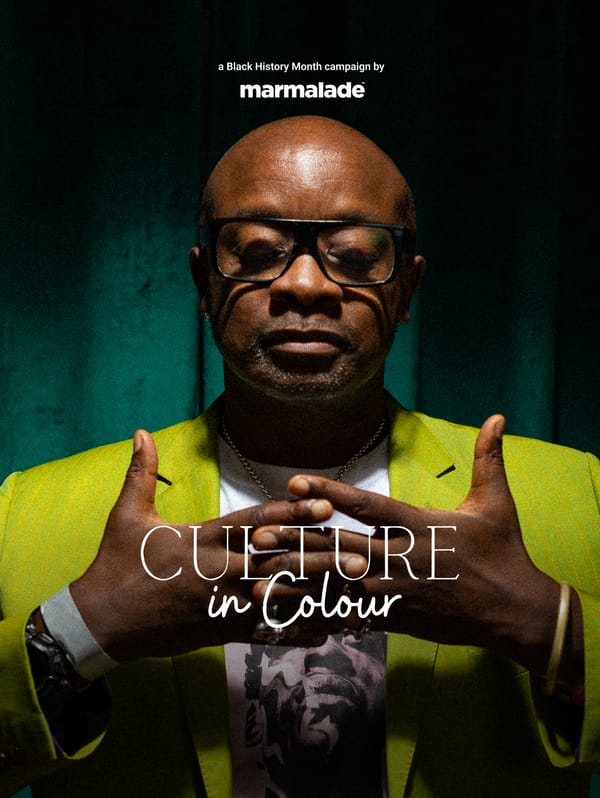
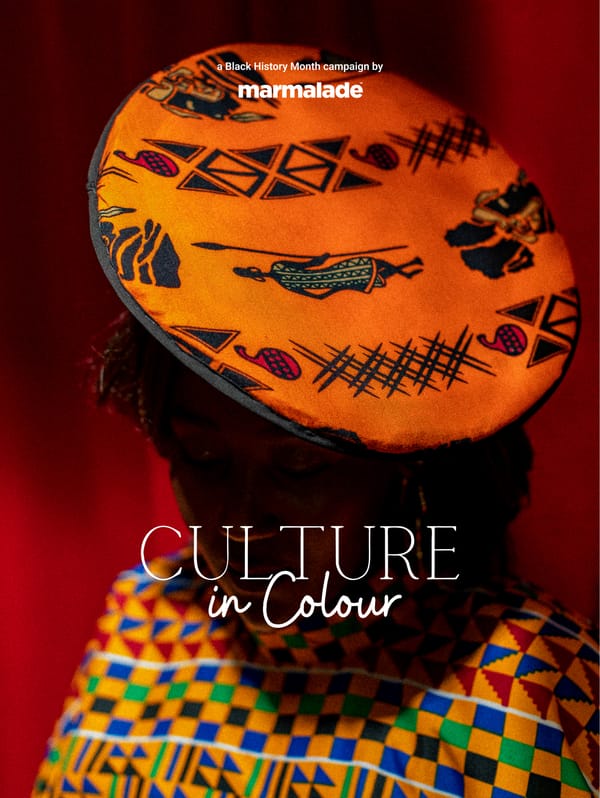
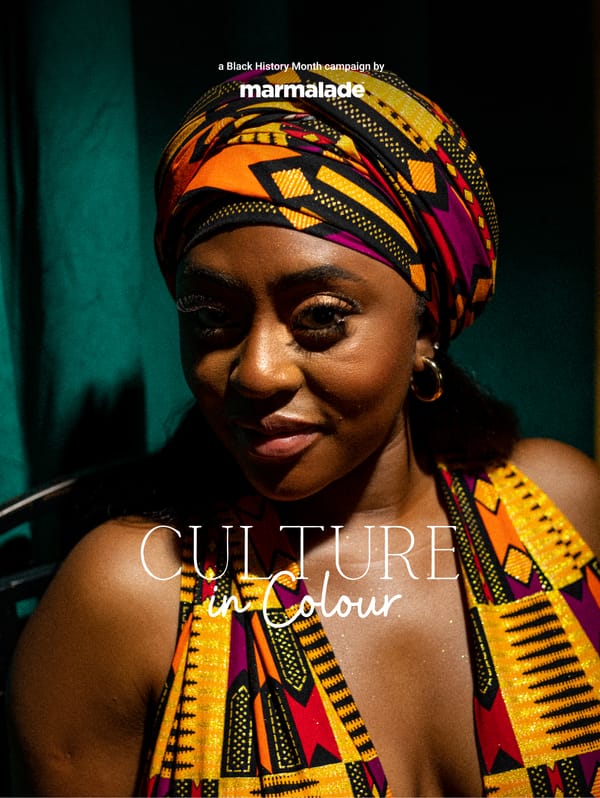
Member discussion